Gallery
Photos from events, contest for the best costume, videos from master classes.
 | 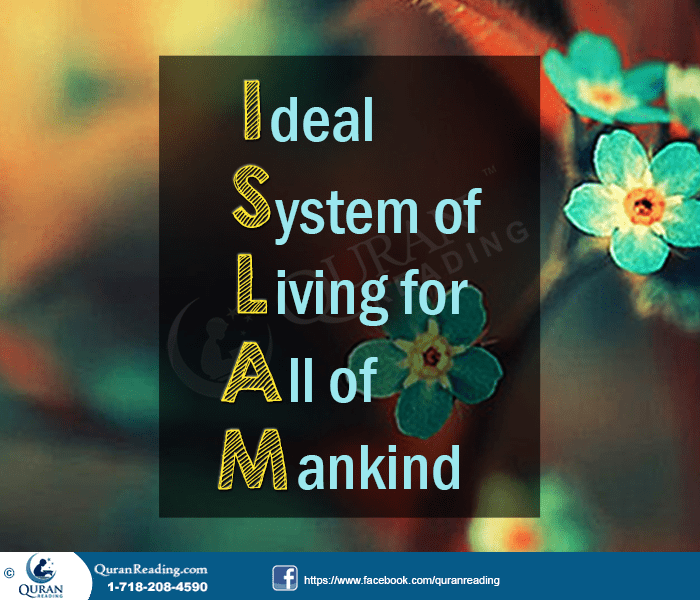 |
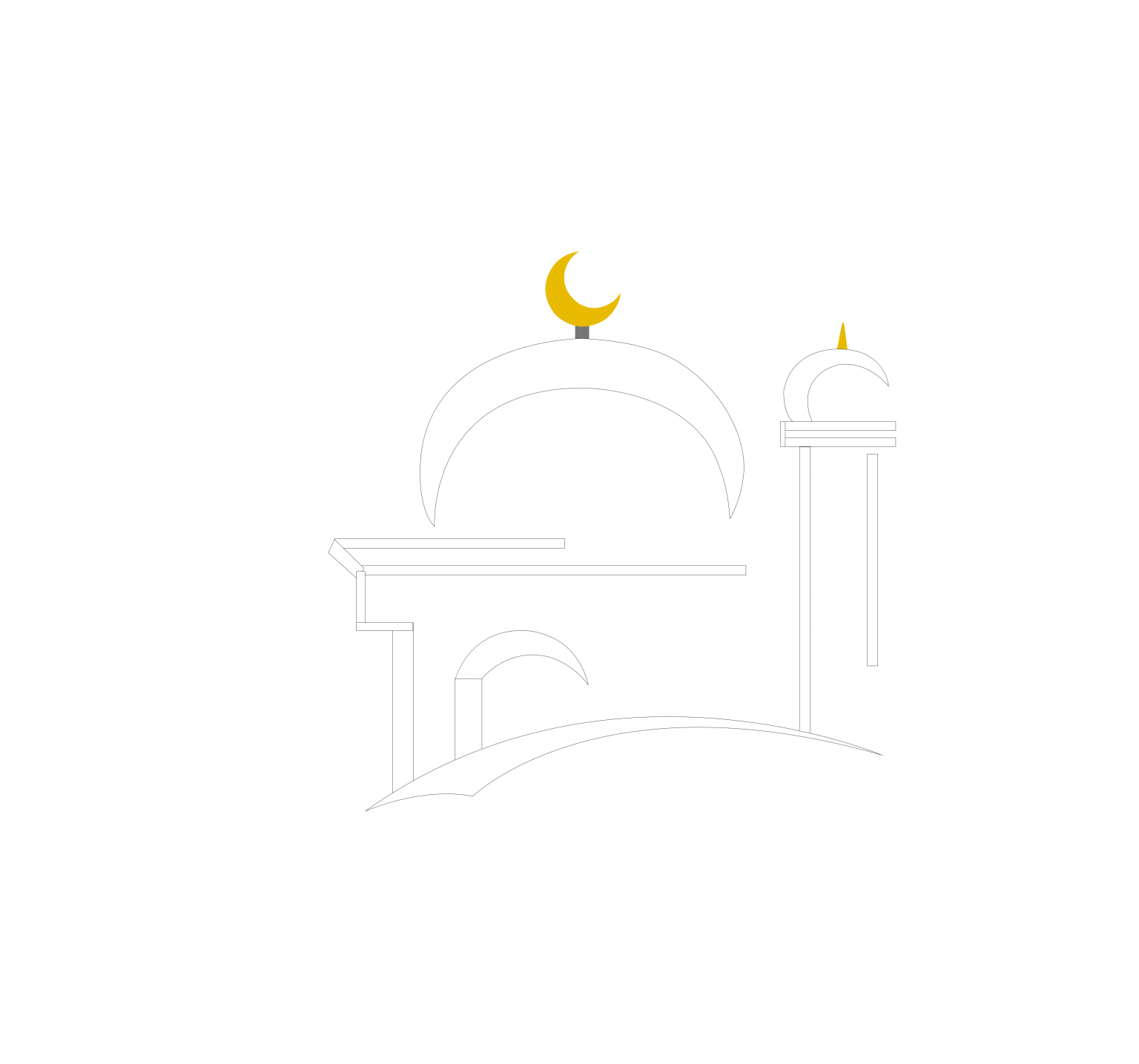 | |
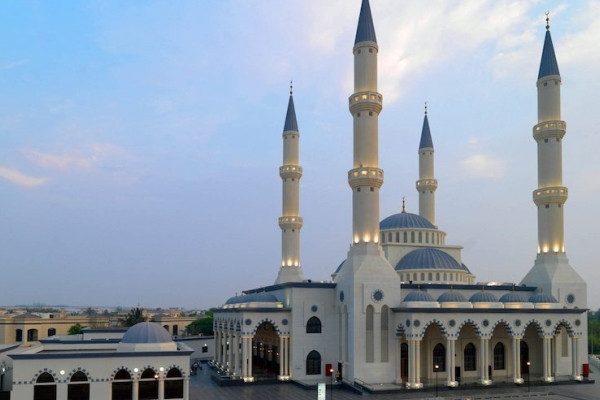 |  |
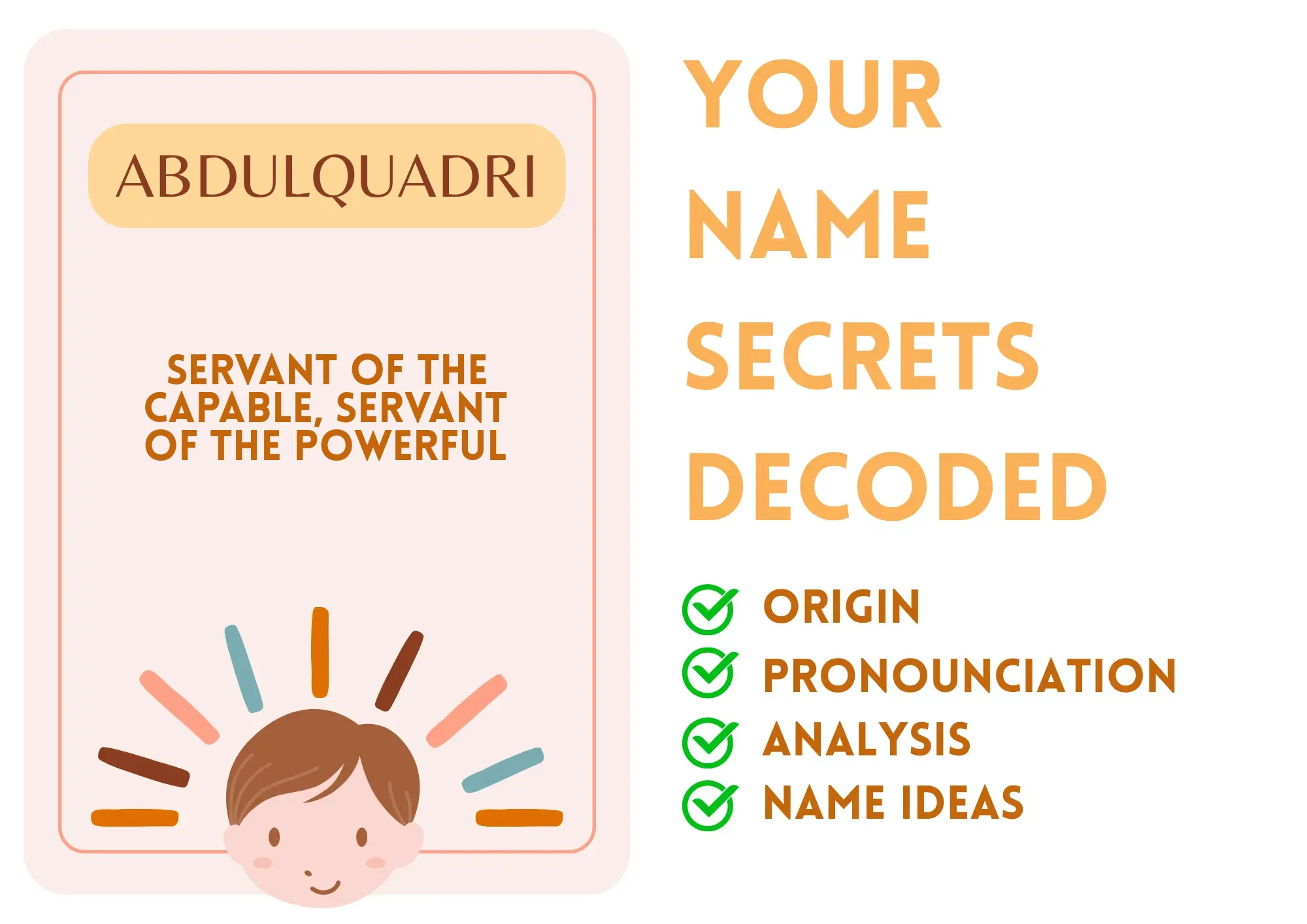 | 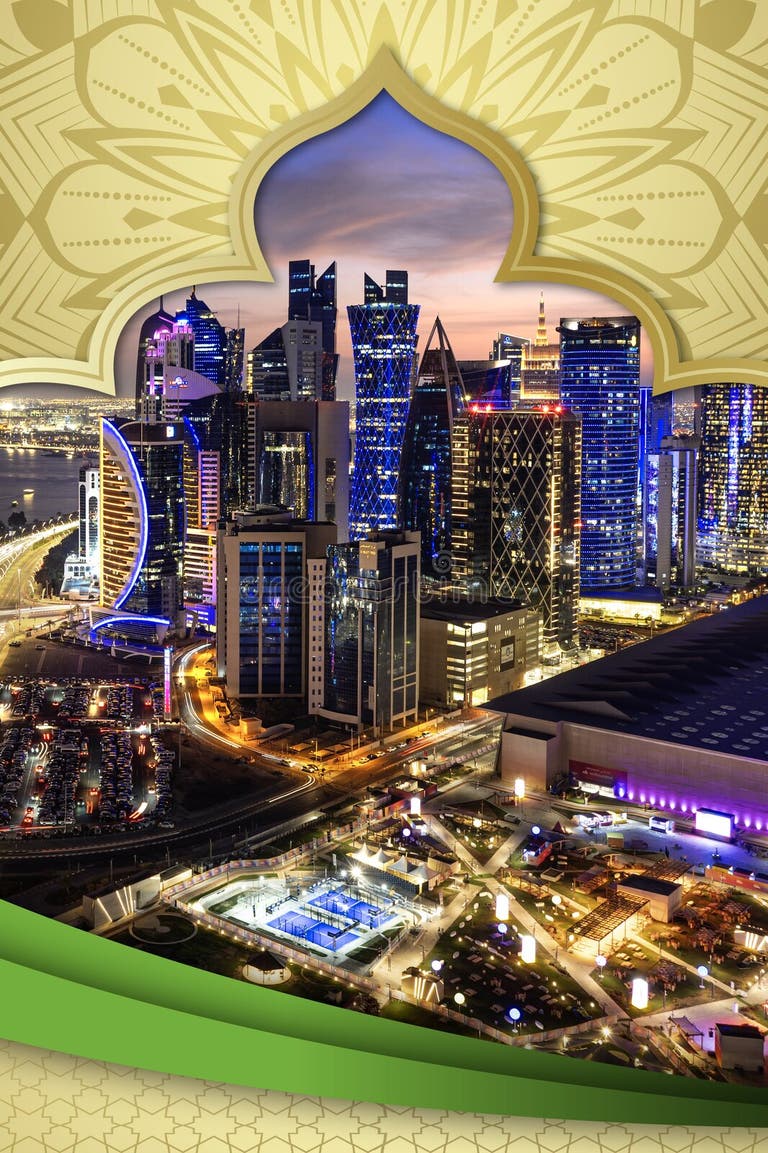 |
 | 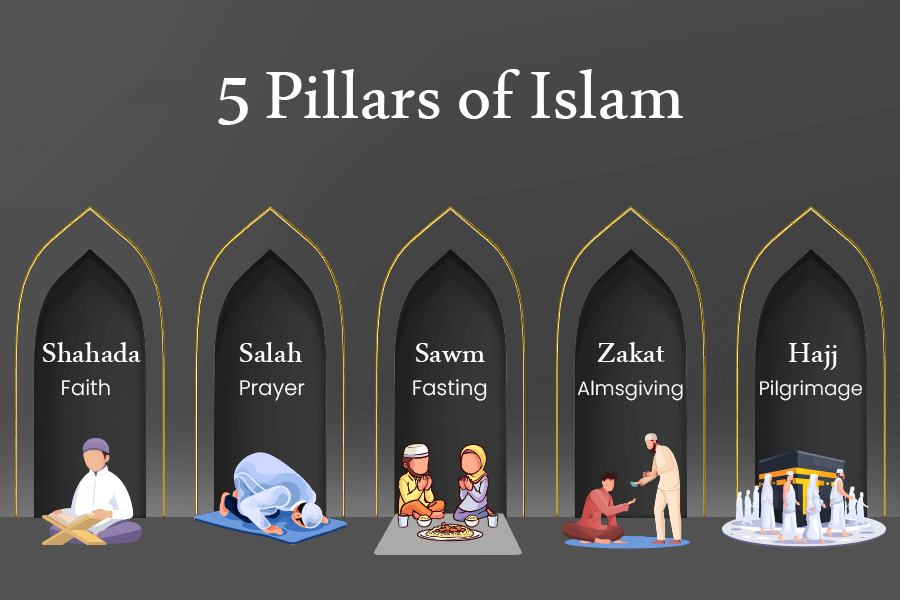 |
 |
Ramadan, in Islam, the ninth month of the Muslim calendar and the holy month of fasting. It begins and ends with the appearance of the crescent moon. Islamic tradition states that it was during Ramadan that the Prophet Muhammad received the first revelations of the Quran. Ramadan’s religious rituals and spiritual essence unite diverse Muslim communities around the world. The plights of some fellow Muslims and some issues that have resonance beyond borders — including conflicts and political turmoil — can become part of the focus of the month’s prayers, giving or advocacy for many. Ramadan is a time of deep reflection, self-improvement and heightened devotion to God. In addition to praying five times a day, Muslims pray extra nightly prayers. Muslims are also encouraged to study and recite the Quran and perform acts of charity. A common way to greet Muslims during the holy month is to say, “Ramadan mubarak.” Ramadan is the month on which the Quran was revealed as a guide for humanity with clear proofs of guidance and the standard ˹to distinguish between right and wrong˺. So whoever is present this month, let them fast. But whoever is ill or on a journey, then ˹let them fast˺ an equal number of days ˹after Ramaḍân˺. Ramadan’s religious rituals and spiritual essence unite diverse Muslim communities around the world. The plights of some fellow Muslims and some issues that have resonance beyond borders. Skip Ramadan is the time for Muslims to learn to control themselves and to develop their spiritual side. Basically, Muslims try to have a pre-dawn meal, known as sahur, before they begin fasting. The fast lasts from dawn to sunset. As soon as the sun has set, Muslims break their fast without delay. Ramadan is that month for over 1.8 billion Muslims worldwide. It is the ninth month of the Islamic calendar, a sacred period of fasting, prayer, and reflection. From dawn to sunset, Muslims refrain from food, drink, and sexual relations to focus on spiritual growth and self-discipline. Ramadan is the ninth month of the Islamic lunar calendar, observed by practicing Muslims as a month of fasting, reflection, and prayer. It commemorates the first revelation of Muhammed and, as such, observance of the month is considered one of the five pillars of Islam. Ramadan is a holy month of fasting, introspection and prayer for Muslims, the followers of Islam. It is celebrated as the month during which Muhammad received the initial Ramadan is a time to detach oneself from worldly pleasures and focus on one's inner self. It is seen as a way to physically and spiritually purify, refraining from habits such as smoking and caffeine etc. Muslims often donate to charities during the month and feed the hungry. 10 Importance of Ramadan: Ramadan, the ninth month of the Islamic lunar calendar, is a sacred time for Muslims worldwide. It is a month of fasting , prayer, reflection, and community. The significance of Ramadan is deeply rooted in the Quran and the teachings of Prophet Muhammad (peace be upon him). Ramadan is the ninth month in the Islamic calendar during which the Holy Quran was sent down to the Prophet Muhammad (PBUH).. During this time, Muslims around the world fast from dawn to sunset, a command given to Muslims in the Quran itself, instructing believers to observe fasting as an act of devotion and self-discipline. Pillars of Islam, the five religious acts that are considered obligatory for all Muslims: shahadah, the Muslim profession of faith; salat, daily prayer; zakat, the paying of alms to benefit the poor and needy; sawm, fasting during the month of Ramadan; and hajj, the pilgrimage to Mecca. In addition to prayer and spirituality, Islam is a religion that makes the welfare of society a matter of concern for each and every Muslim. To strive for the prosperity of mankind is an ambition that Islam wishes to instil within Muslims at every moment of their lives, and the essence of fasting in Ramadan entails this very spirit. This verse highlights fasting as a means to achieve taqwa (God-consciousness) and underscores its universal practice among earlier religious communities. Description of Fasting. Fasting is observed during the Islamic lunar month of Ramadan. It begins at dawn (Fajr) and ends at sunset (Maghrib). Beyond physical abstinence, fasting also involves Here, the Muslim community rapidly expanded, uniting the tribes of Arabia under the banner of Islamic religion through a combination of conversion, negotiation, and, at times, military campaigns. The spread of Islam (made through military campaigns) during and after Muhammad’s lifetime was remarkable for its speed and scale. By the end of the Certainly, the month of Ramadan is the month of abstinence, the month when one deprives oneself of food, among other things. But beyond fasting itself, this month is a good opportunity to question the "basis and the foundations" of Islamic spiritual practice. Above all, it is a time of solidarity and sharing. Islam is not a dogmatic religion. Ramadan is a sacred month in Islam when Muslims have to fast as it is the fourth pillar of Islam, we will tell you more about Ramadan in Islam, its rules and its importance. Importance of Ramadan in Islam. The importance of Ramadan in Islam cannot be overstated. 3. “Ramadan is the Same Everywhere” Ramadan’s timing and practices can vary depending on location and culture. For example, in countries with long daylight hours, Muslims may fast for 18-20 hours a day, while in others, the fast may be shorter. 4. “Ramadan is Just for Muslims” What is Ramadan? Ramadan is the ninth month of the Islamic lunar calendar and is one of the holiest months for Muslims around the world. During this time, Muslims fast from dawn to sunset, refraining from food, drink, and other physical needs in order to devote themselves to spiritual reflection, self-discipline, and increased devotion to Allah.
Articles and news, personal stories, interviews with experts.
Photos from events, contest for the best costume, videos from master classes.
 |  |
 | |
 |  |
 |  |
 |  |
 |